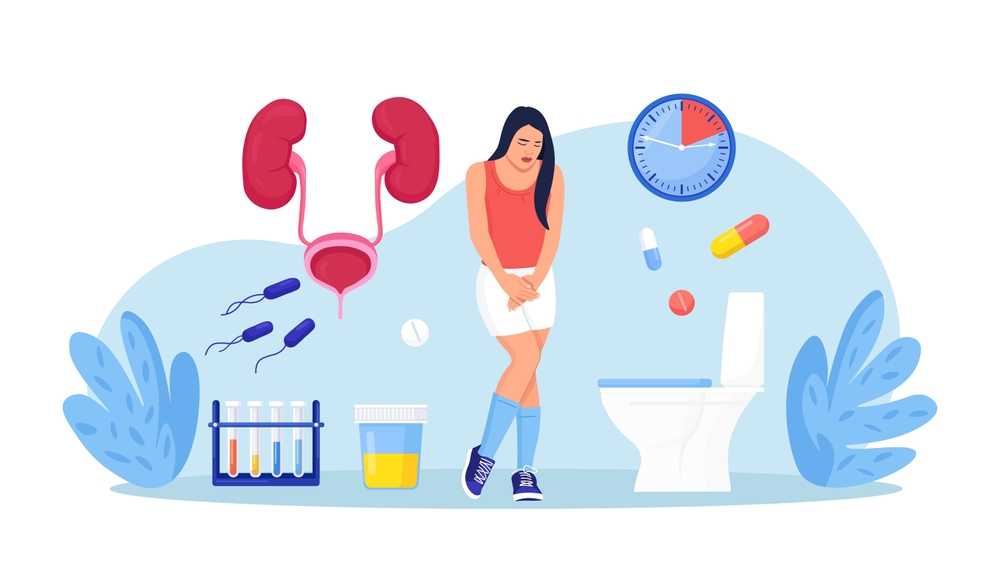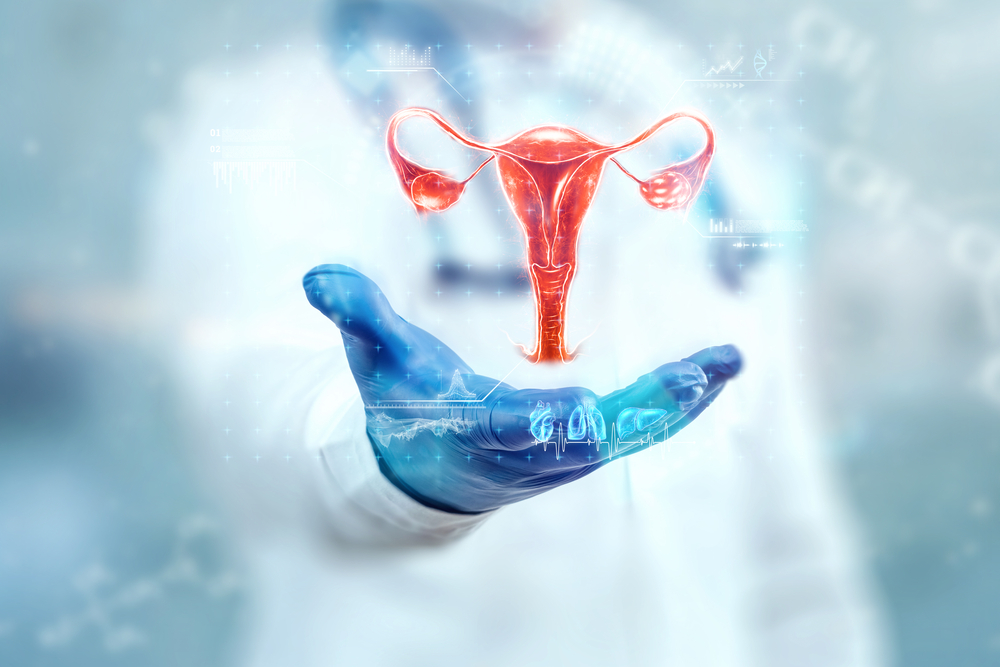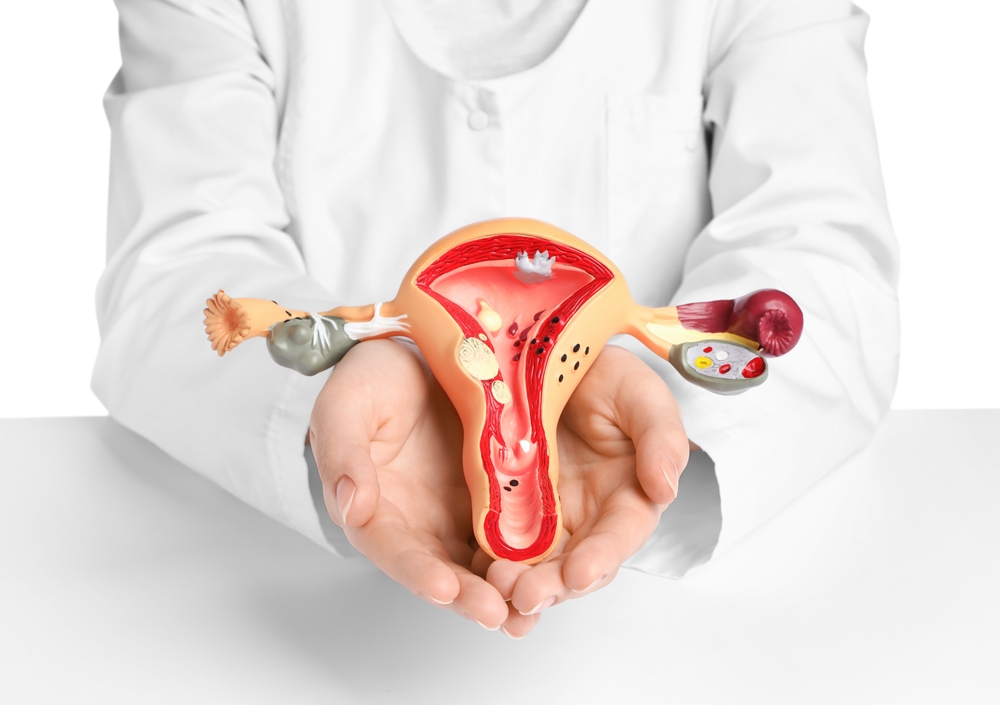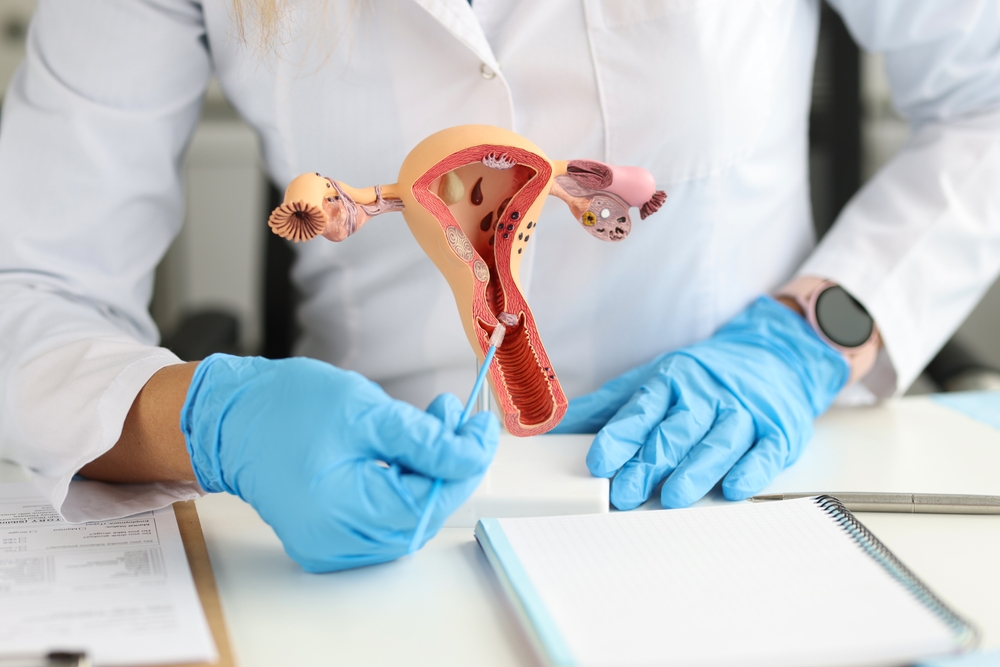Navigating Hormonal Changes: What Every Woman Must Know
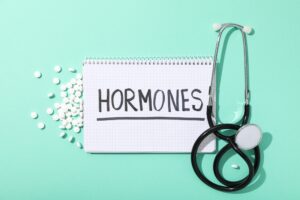
Hormones play a vital role in regulating various bodily functions, especially in women. From puberty to menopause, hormonal changes significantly impact physical, emotional, and reproductive health. Understanding these changes can help women navigate different phases of life more effectively. In this article, we delve into the key hormonal changes that occur in gynecology, their effects, and ways to manage them.
What Are Hormones and Why Are They Important?

Hormones are chemical messengers produced by glands in the endocrine system. They regulate numerous bodily functions, including growth, metabolism, mood, and reproduction. In gynecology, hormones such as estrogen, progesterone, and testosterone play critical roles in menstrual cycles, pregnancy, and menopause.
Key Hormonal Phases in a Woman’s Life
1. Puberty

Puberty is the stage where the body undergoes significant changes to prepare for reproduction. Hormones such as estrogen and progesterone begin to rise, leading to:
- Development of secondary sexual characteristics like breast growth and pubic hair.
- Onset of menstrual cycles.
- Emotional fluctuations due to hormonal surges.
2. Menstrual Cycle

The menstrual cycle is governed by a delicate balance of hormones. It consists of four main phases:
- Menstrual Phase: Shedding of the uterine lining due to low levels of estrogen and progesterone.
- Follicular Phase: Rise in follicle-stimulating hormone (FSH) and estrogen to prepare for ovulation.
- Ovulation: Surge in luteinizing hormone (LH) triggers the release of an egg.
- Luteal Phase: Progesterone increases to prepare the uterus for pregnancy; if fertilization doesn’t occur, hormone levels drop, leading to menstruation.
3. Pregnancy

During pregnancy, hormonal changes are extensive:
- Human chorionic gonadotropin (hCG) is produced to sustain the pregnancy.
- Estrogen and progesterone levels rise to support fetal development and prepare the body for childbirth.
- Relaxin hormone is released to loosen ligaments and prepare the pelvis for delivery.
4. Perimenopause and Menopause

Perimenopause marks the transition to menopause, typically occurring in women aged 40-50. Hormonal fluctuations cause:
- Irregular menstrual cycles.
- Hot flashes, night sweats, and mood swings.
- Decreased bone density due to lower estrogen levels. Menopause officially begins when menstrual periods cease for 12 consecutive months. Estrogen and progesterone levels drop significantly, impacting overall health.
Common Symptoms of Hormonal Imbalance
- Irregular periods.
- Weight gain or loss.
- Mood swings and anxiety.
- Acne or hair loss.
- Fatigue and sleep disturbances.
Managing Hormonal Changes
1. Diet and Nutrition
- Incorporate foods rich in phytoestrogens like soy, flaxseeds, and legumes to balance hormones.
- Maintain a balanced diet with lean proteins, healthy fats, and whole grains.
- Stay hydrated and reduce caffeine and sugar intake.
2. Regular Exercise
Physical activity helps regulate hormones and improve mood. Aim for a mix of aerobic exercises, strength training, and yoga.
3. Stress Management
Chronic stress disrupts hormonal balance. Practice mindfulness, meditation, and deep breathing exercises to reduce stress.
4. Medical Interventions
- Hormone Replacement Therapy (HRT): Commonly used during menopause to alleviate symptoms.
- Oral Contraceptives: Help regulate menstrual cycles and manage hormonal imbalances.
- Consult a gynecologist for tailored treatments and guidance.
5. Lifestyle Adjustments
- Get adequate sleep to regulate cortisol levels.
- Avoid smoking and limit alcohol consumption.
- Schedule regular gynecological check-ups for early detection of hormonal issues.
When to See a Gynecologist
If you experience severe symptoms like irregular periods, extreme fatigue, or unusual hair growth, consult a gynecologist. Early diagnosis and treatment can prevent complications and improve quality of life.
Conclusion
Hormonal changes are an integral part of a woman’s life. While they can pose challenges, understanding their effects and adopting a proactive approach can make a significant difference. Whether you’re navigating puberty, planning a pregnancy, or approaching menopause, staying informed and seeking medical support when needed is key to maintaining hormonal health.



